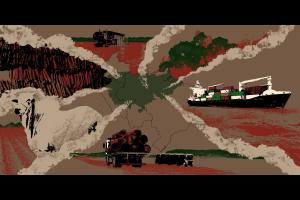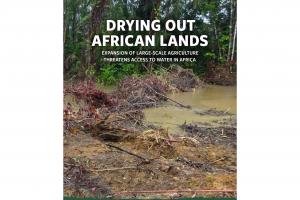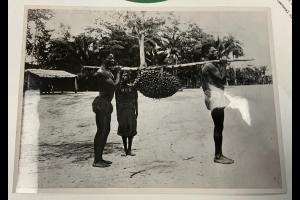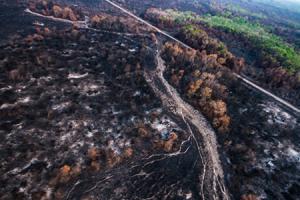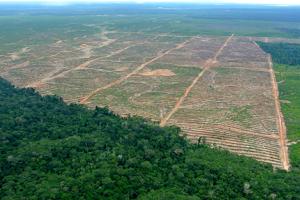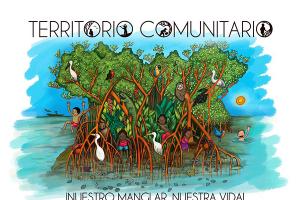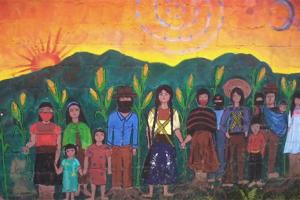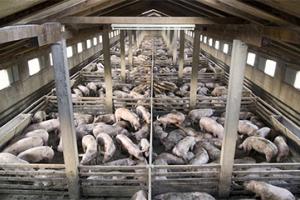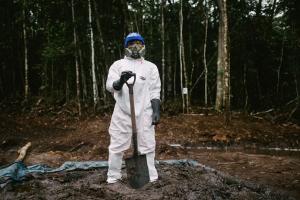Agribusiness
Export-oriented industrial agriculture of a few globally traded commodities (like soy, maize and rice), as well as meat production, destroy forests, the diversity of seeds and small-scale farming systems. They also uproot established land use patterns and threaten food sovereignty.
Forest fires and deforestation are tools to consolidate the land grabbing that goes hand-in-hand with the expansion of the capitalist agricultural frontier into the territories of indigenous peoples and traditional communities.
The statement calls on climate, environmental and social justice movements to unequivocally reject “Nature-Based Solutions” and all offset schemes because they are not designed to address the climate crisis. It remains open for sign-on until the end of 2021.
Big polluters are making ‘net zero’ pledges to satisfy the financial players that fund them. So-called ‘nature-based solutions’ are at the core of these pledges –a new corporate brand for offsets.
Despite the massive clearing of mangroves to make way for shrimp farms, and the oppression of fishing and gathering communities, this industry has access to certifications that not only facilitate its entry into foreign markets; they also conceal a history of violence against the peoples of the mangroves.
WRM spoke with close allies from Brazil, Gabon, India, Mexico and Mozambique, to hear from them and learn about their understandings of development.
We invite organizations from Brazil, and also from other countries, to sign-on this letter -until September 21st- to strengthen our struggle and resistance against the impacts of corporations in our territories.
What is the role of the agro-industry, and what actors are behind this enormous chain of production?
Silvia Ribeiro, ETC Group.
Communities have a long history of confronting the disasters imposed by corporations and elites. For them, the “emergency” was a reality well before the Covid-19 pandemic. Yet, profit-seekers are abusing the situation to advance land grabs and roll back legislation.
